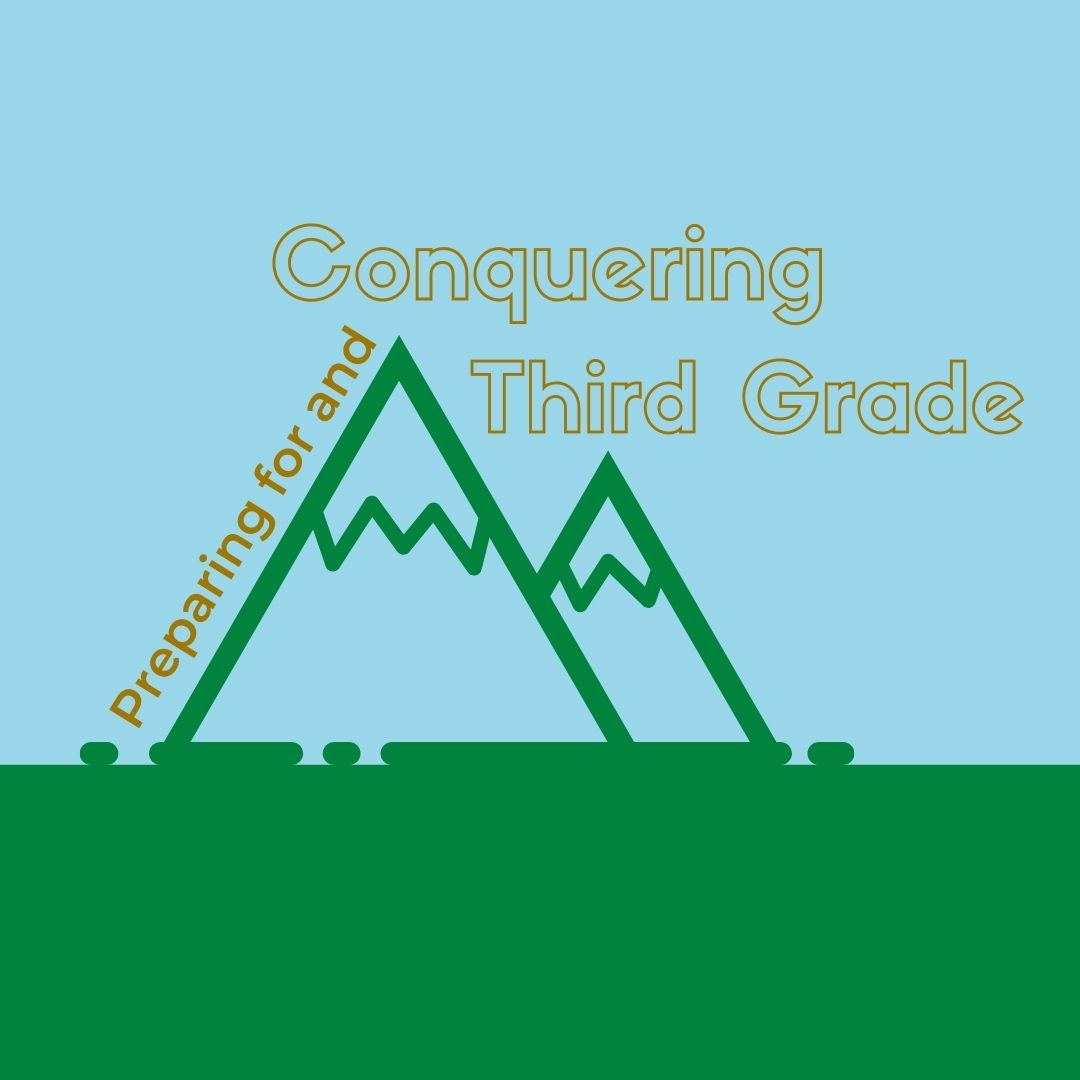From a child's youngest years, they are asked by adults: "What do you want to be when you grow up?" Answers typically include professional athletes, firefighters, astronauts, and doctors, sprinkled with more imaginative outliers like princesses and unicorns.
As children get older, this question tends to change from a lighthearted conversation-starter to more focused inquiries:
"What do you want to do after you graduate?"
"What are you going to major in?"
"What job are you planning to pursue?"
The prevalence of this question in childhood and adolescence points to a much larger reality than simple conversation--our society, education system, and workforce are highly compartmentalized and specialized--and we tend to push our kids to fit in neatly.
Even within the realm of the Christian church and modern American Christianity, there is a deep-running narrative that encourages believers to find their one true calling--to find that one thing God created you to do or be.
The reality is that many of us do not "fit in" to one particular field, area of study, or solitary vocation choice--and we were designed this way by our masterful Creator! It is our great privilege and responsibility as parents to raise our kids in such a way that they can become all that God created them.
What is multipotentiality?
I recently came across a TedTalk that explores the notion of people who have a wide variety of interests and abilities. In "Why some of us don't have one true calling" delivered by career coach Emilie Wapnick, she uses the term "multipotentialite" to describe people who have multiple interests and creative abilities.
On the surface, multipotentiality might look like a limitation or weakness. Also known as interdisciplinarians or generalists, people who possess a variety of interests and abilities can struggle to find where they "fit," appear directionless, or grapple with which interest to pursue.
But Wapnick identifies three major strengths (""super powers") of multipotentialites: idea synthesis (bringing together multiple fields), rapid learning, and adaptability. All three of these are qualities of great benefit to individuals and teams, and we as parents have an opportunity to foster and encourage them in our kids from an early age.
A Biblical Multipotentialite
I contend that King Solomon is a great Biblical example of a multipotentialite. God told Solomon he could ask for anything (2 Chronicles 1:7), and Solomon asked for wisdom. God granted his request, but that wisdom didn't just come to Solomon as political prowess, military strategy, or governmental know-how.
I Kings 4 says of Solomon: “He spoke three thousand proverbs and his songs numbered a thousand and five. He spoke about plant life, from the cedars of Lebanon to the hyssop that grows out of walls. He also spoke about animals and birds, reptiles and fish. From all nations people came to listen to Solomon’s wisdom, sent by all the kings of the world, who had heard of his wisdom.”
God's wisdom here appears as music, botany, zoology, and more. His wisdom cannot be confined to one domain, and because all things were made by Him and in Him, there is an infinite amount of intersections to discover.
Raising a Multipotentialite
There's no scientific method for determining whether or not you're raising a multipotentialite (or two). Certainly when our children are young, it seems as though their interests change on a daily basis. And as they grow older, they may appear to become indifferent, aimless adolescents and indecisive young adults.
I encourage parents to provide their children with a wide berth, allowing them to explore and discover as much as they can. I also encourage parents to find and maintain a healthy tension between freedom and structure. Our children must come to recognize boundaries and consequences, but they must also experience freedom.
Reframing the Question
What is far greater than a child (of any age) knowing what they want to do, is a child knowing who they are made to be. We are raising wholly unique reflections of the image of God, and communicating that truth to our children is far more important than any career advice we can give them. Some creative ways to re-frame the question "What do you want to be when you grow up?" might sound like:
"What types of books do you love to read?"
"What classes make you feel excited to learn more?"
"What are you learning at school that is really catching your attention? Does that connect with other things you've learned in the past or are currently learning?"
"What do you feel like God has made you especially good at?"
These questions open up broader conversation and encourage more expansive thinking in our kids, rather than narrowing their focus on one particular job or field.
In so doing, we can inspire our kids to uncover "the fullness of him who fills everything in every way."
[Editor's Note: Dr. Mark Eckel was recently interviewed on the topic of multipotentiality for an episode of the "Navigating Your Child's Education" podcast. Listen in for a closer look at this topic and how it may impact parenting.]
/Logos/Horizontal%20Academic%20Logo%20for%20Light%20Backgrounds.png)
/Logos/Horizontal%20Academic%20Logo%20for%20Dark%20Backgrounds.png)



.jpg)